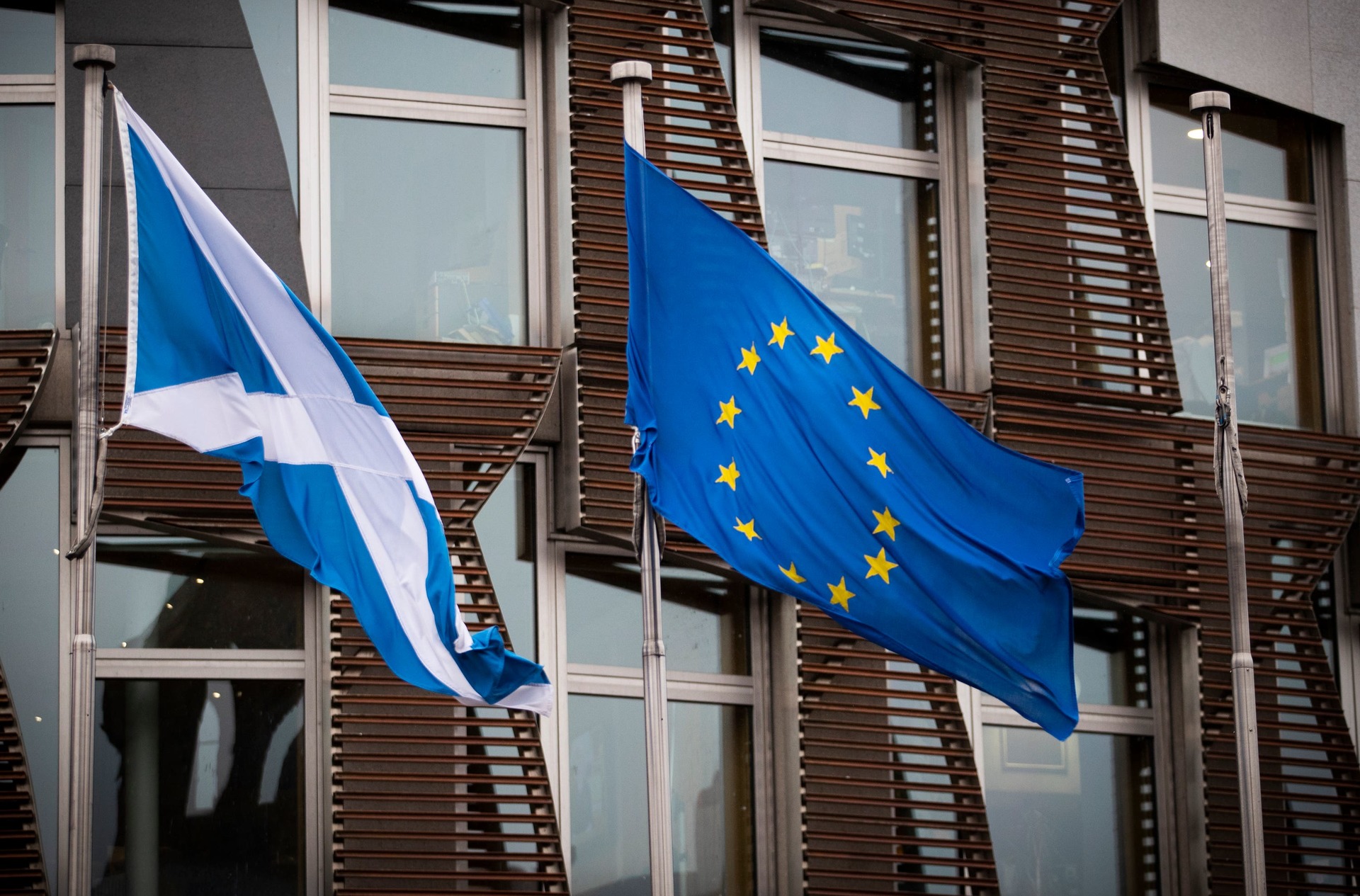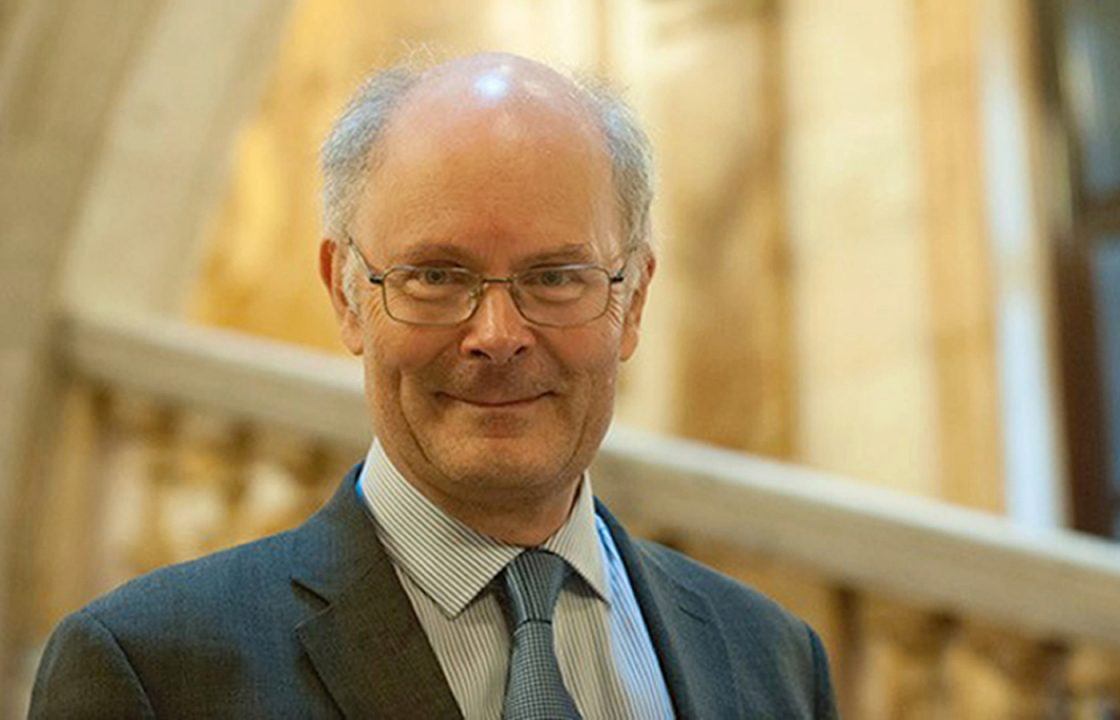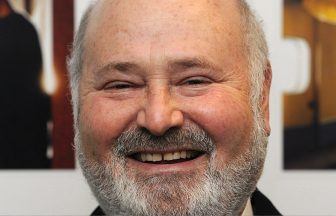The nationalism behind support for Scottish independence has a “rather different” concept of identity to the nationalism underpinning Brexit, research has found.
Elections expert Professor Sir John Curtice and researcher Alex Scholes examined attitudes to national identity among independence supporters and those who back Brexit.
They found 65% of Brexiteers believe British ancestry matters to being British, whereas only 42% of Scottish independence supporters feel ancestry is important for being Scottish.
In Scotland, 59% of those who oppose independence say being born in Scotland matters to being “truly Scottish”. Among supporters the figure is 50%.
 PA Media
PA MediaThe research also found marked declines in aspects of national pride in Britain – with only 64% saying they are proud of Britain’s history compared to 83% a decade ago.
Sir John said there is evidence that the “culture war” debates around empire and slavery have had an impact on the public’s “pride in the past”.
The findings are contained in the final chapter of the British Social Attitudes report, which is published on Tuesday.
The data on public opinion was drawn from social attitudes surveys carried out across Britain and in Scotland in 2023.
Sir John and Mr Scholes wrote: “Although people’s understanding of national identity is much the same in Scotland as it is in England, our evidence strongly suggests that the nationalism which underpins the demand for Scottish independence is rather different from that which underlay popular support for Brexit.
“This reflects a sharp difference between the appeals made by the two campaigns.
“Focusing as it did on sovereignty and immigration, the argument for Brexit was more exclusive in tone than a campaign for Scottish independence that suggested Scotland should pool its sovereignty with the EU and which promoted a civic understanding of who is Scottish.”
Speaking to the PA news agency, Sir John said: “Relatively speaking, people who are current supporters of independence are somewhat more inclined towards a civic notion of Scottish identity than are those people who are not.”
He added: “Scotland in general – not necessarily more civic than England, but the internal division within Scotland is in the opposite direction.
“So, therefore, the people who support independence do tend to be more likely to accept a civic notion of who is Scottish.”
While people in Britain tend to be proud of the nation’s artistic and sporting achievements, he said, there is evidence that the debates on the legacies of slavery and empire have “percolated through to public opinion”.
Follow STV News on WhatsApp
Scan the QR code on your mobile device for all the latest news from around the country


 PA Media
PA Media























